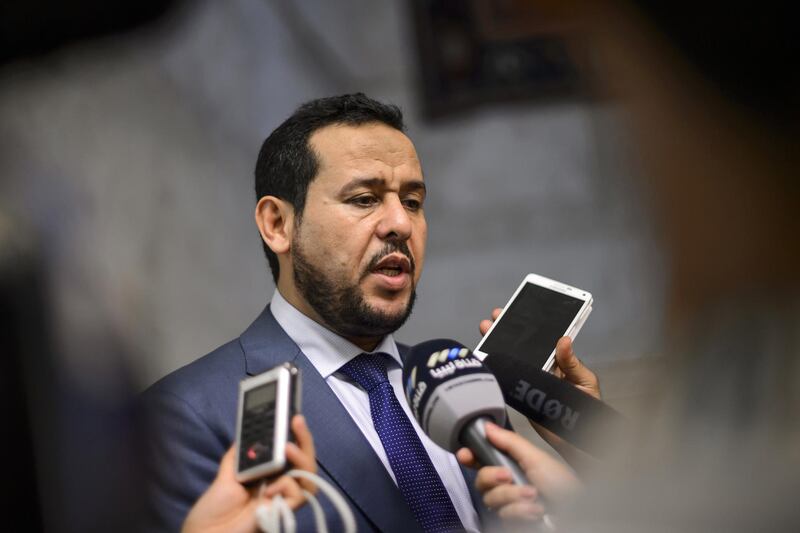A British MP has hit back at claims that an upcoming report on torture was censored by the US.
The Times reported on Tuesday that the Trump administration has demanded last-minute changes to the parliamentary report scheduled for release on Thursday, which will detail UK involvement in torture and rendition throughout the war on terror.
It will finally see the light after more than 8 years of delays and complication and is expected to be highly critical of the government and recommending major changes in the way UK intelligence agents operate abroad.
But Dominic Grieve, the head of Parliament’s Intelligence and Security Committee (ISC), which has authored the report, hit back, speaking out “exceptionally” to refute the allegations.
Mr Grieve said that only one of the report’s 300 pages had been redacted in order to meet US security concerns.
"On Thursday, I will happily point you to where those asterisks are in the report and you can see for yourself that it is not a central issue, nor a controversial issue.
___________
Read more
[ UK apologises for role in Libyan military leader's rendition ]
[ UK told to hand over secret police torture report ]
___________
"The committee does not agree to redact material in its reports on grounds of embarrassment to anyone.
"So I can assure you that the US has not made wholesale redactions to the reports, as suggested."
Activists claim the adherence to the US’s requests will damage the report’s credibility, a statement released by human rights group Reprieve said: “In order to get to the truth and maintain public confidence, there must be an inquiry that meets the basic test of independence from government and which has the powers and scope necessary to ensure all appropriate evidence is examined.
“The chairperson should have absolute discretion over whether hearings are public and whether any redactions are made to the final report. The inquiry should have full legal powers to compel the production of evidence.”
The inquiry was initially commissioned in 2010, and then Prime Minister David Cameron promised a “short and sharp” process. However, Sir Peter Gibson, a former high court judge who was selected to chair the investigation had his tenure cut short in 2012 after the inquiry clashed with police investigations, it was subsequently passed to the ISC.
Alistair Carmichael, a former cabinet minister, labelled the US demands unprecedented. “I can think of no precedent for a foreign power seeking to interfere in the workings of our committees,” he noted.
Preview copies were provided to the government, but several sections were leaked this week in what Mr Grieve called an effort to take the “sting” out of its publication, which is how the US demands came to light.







